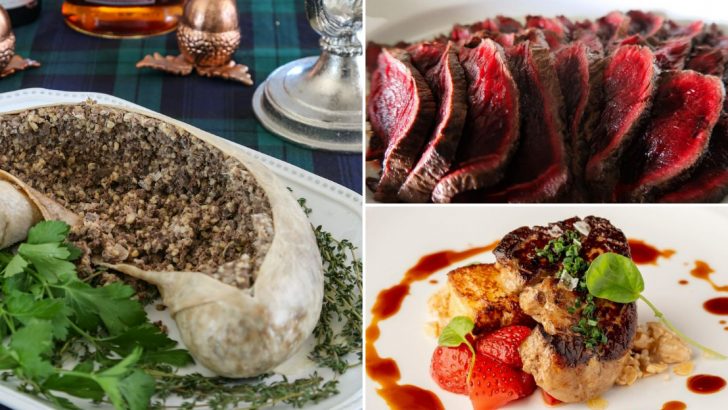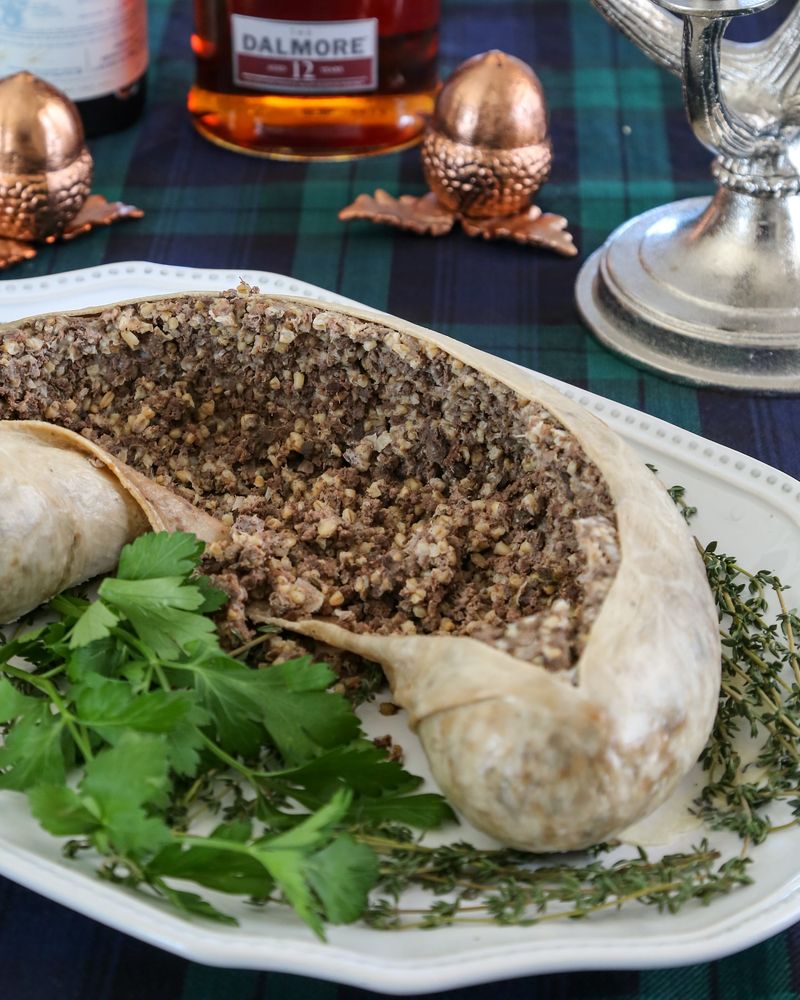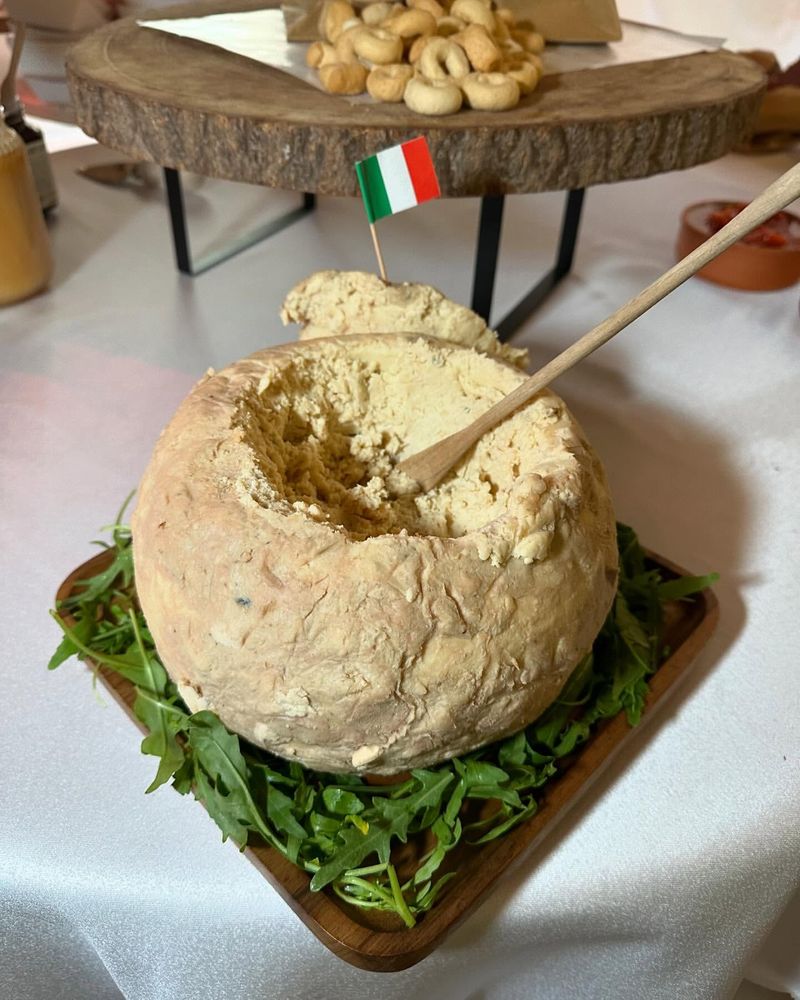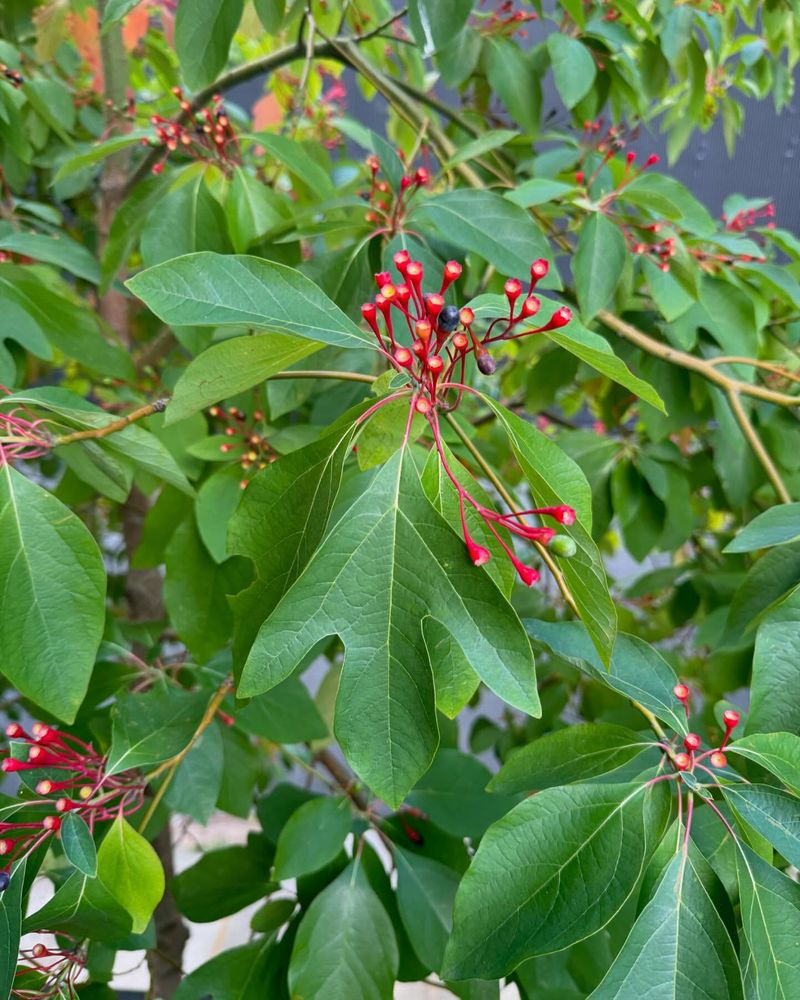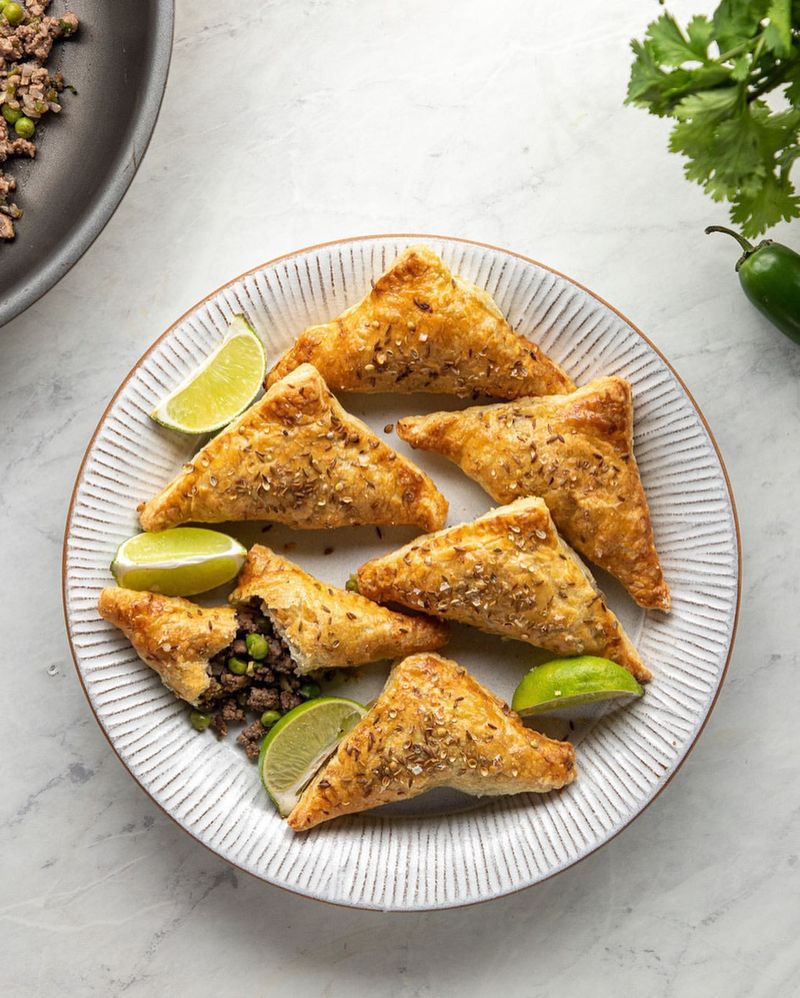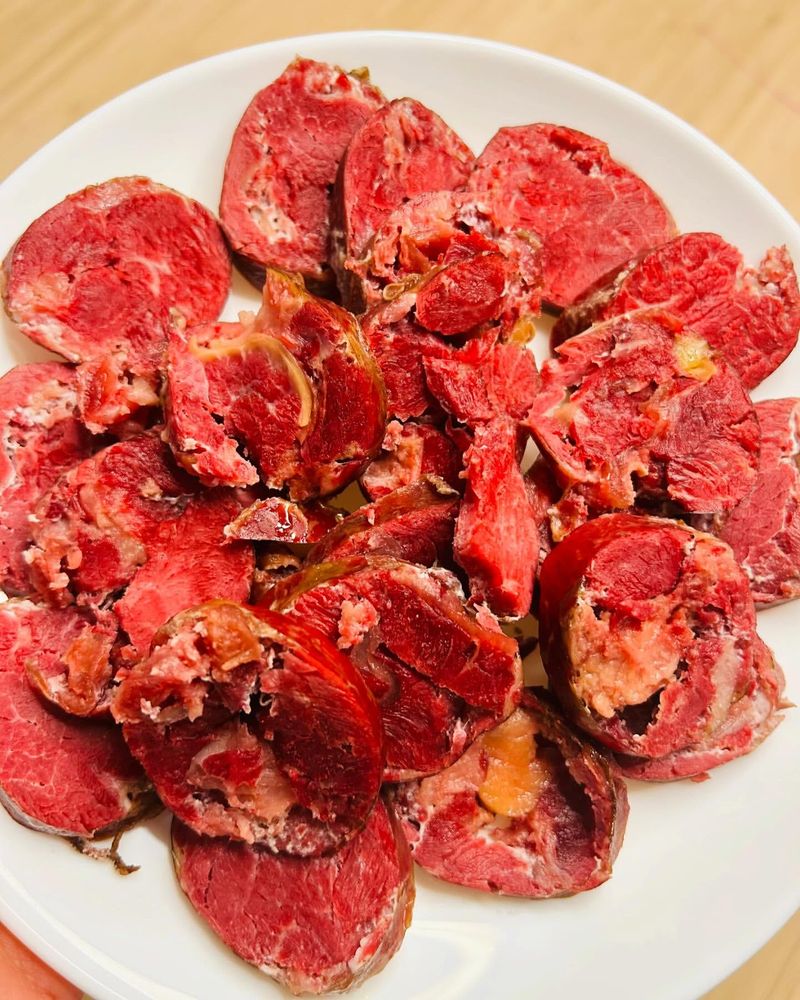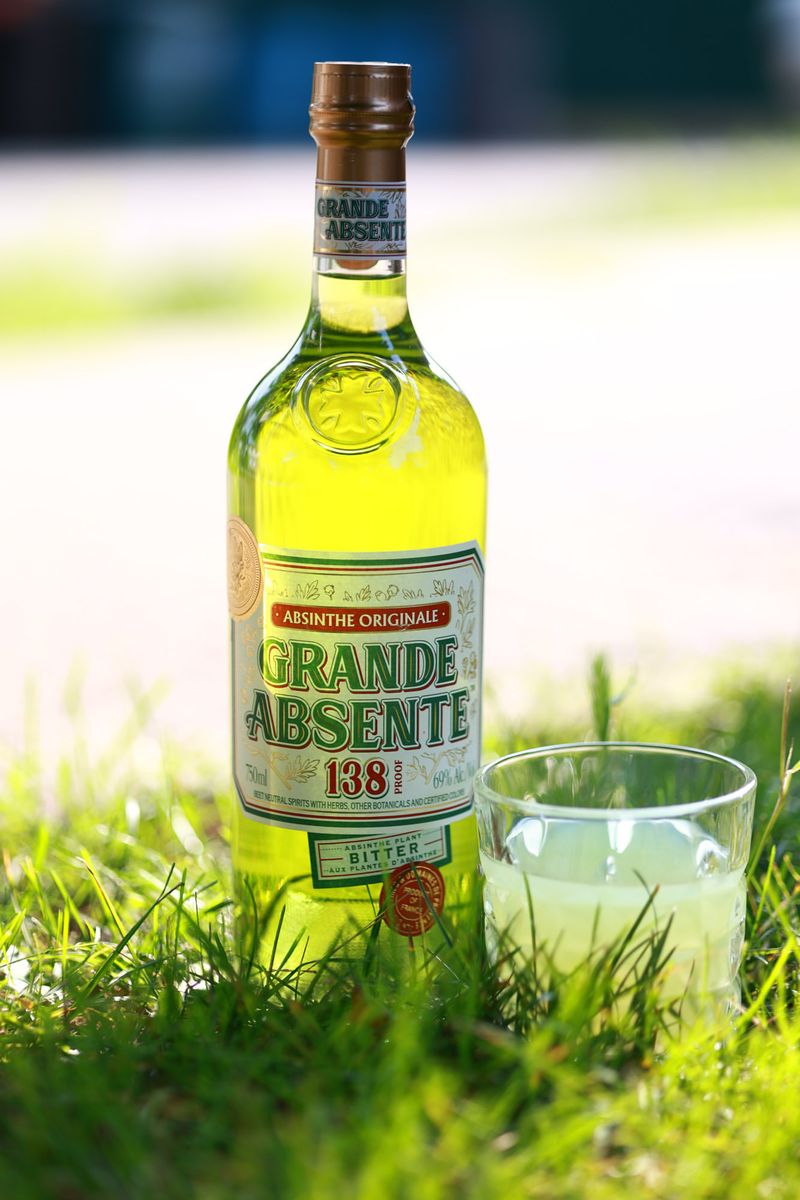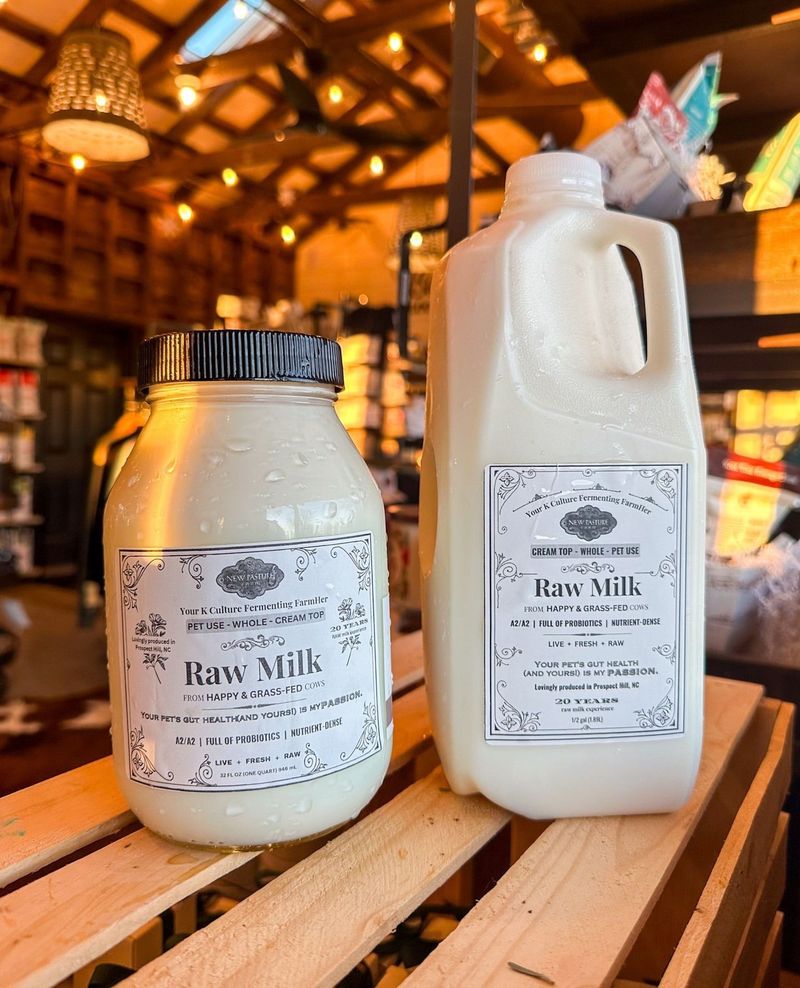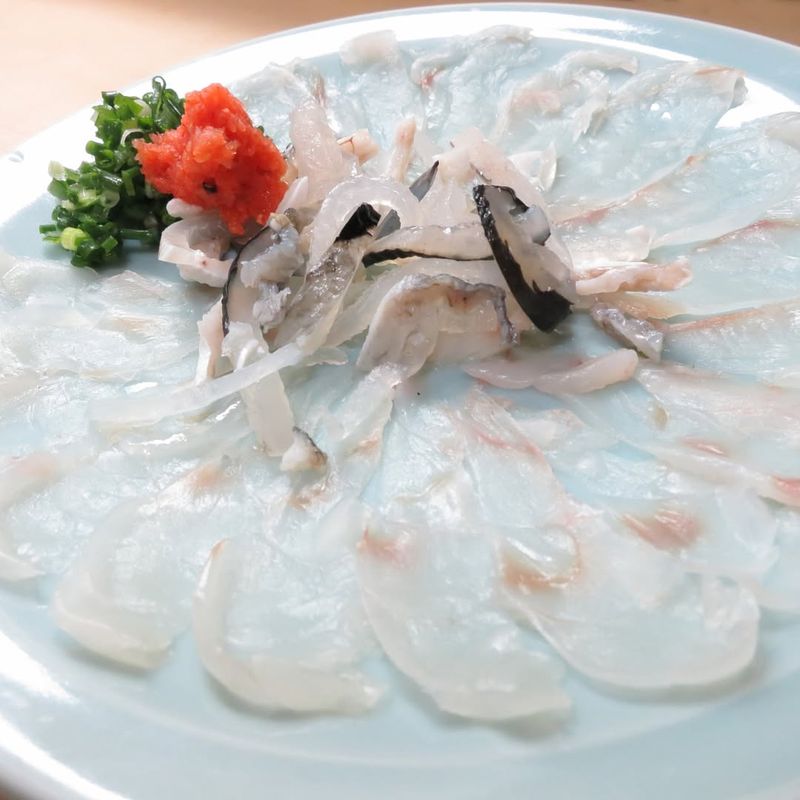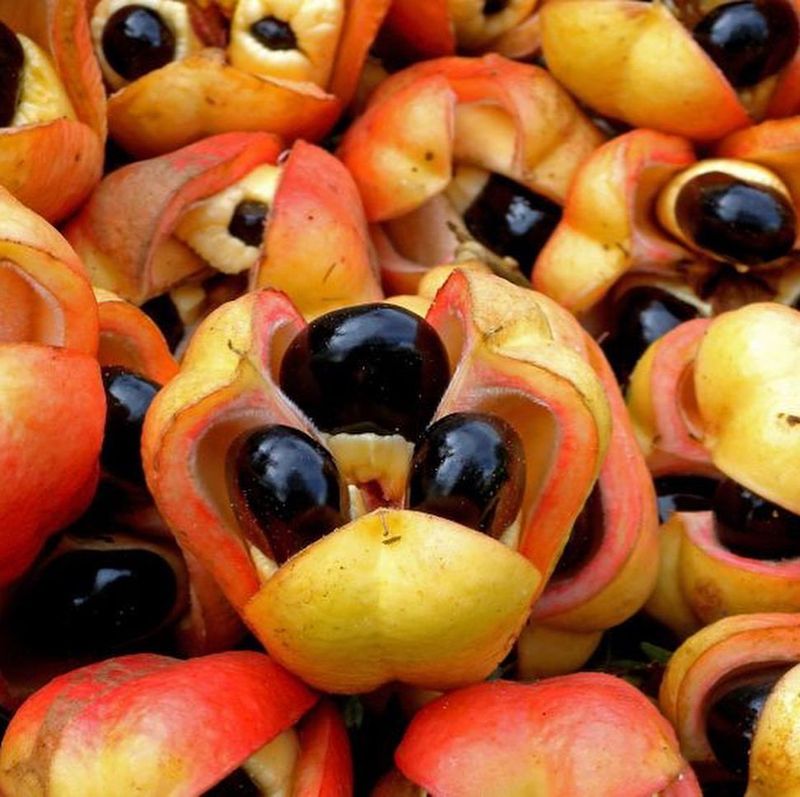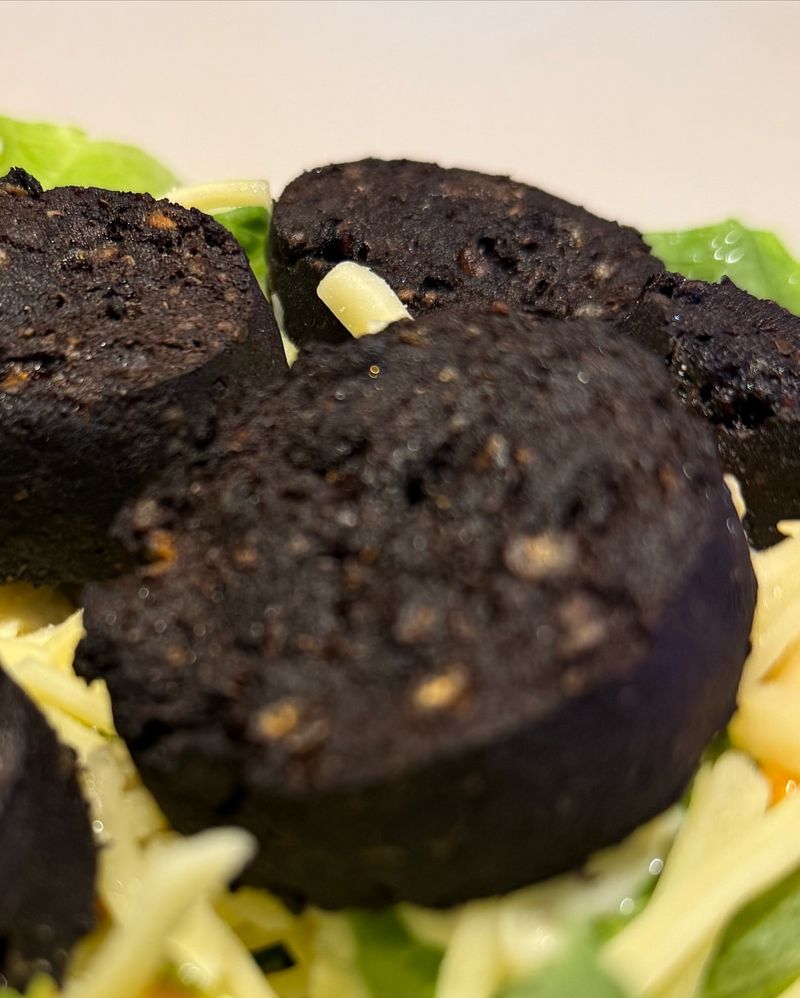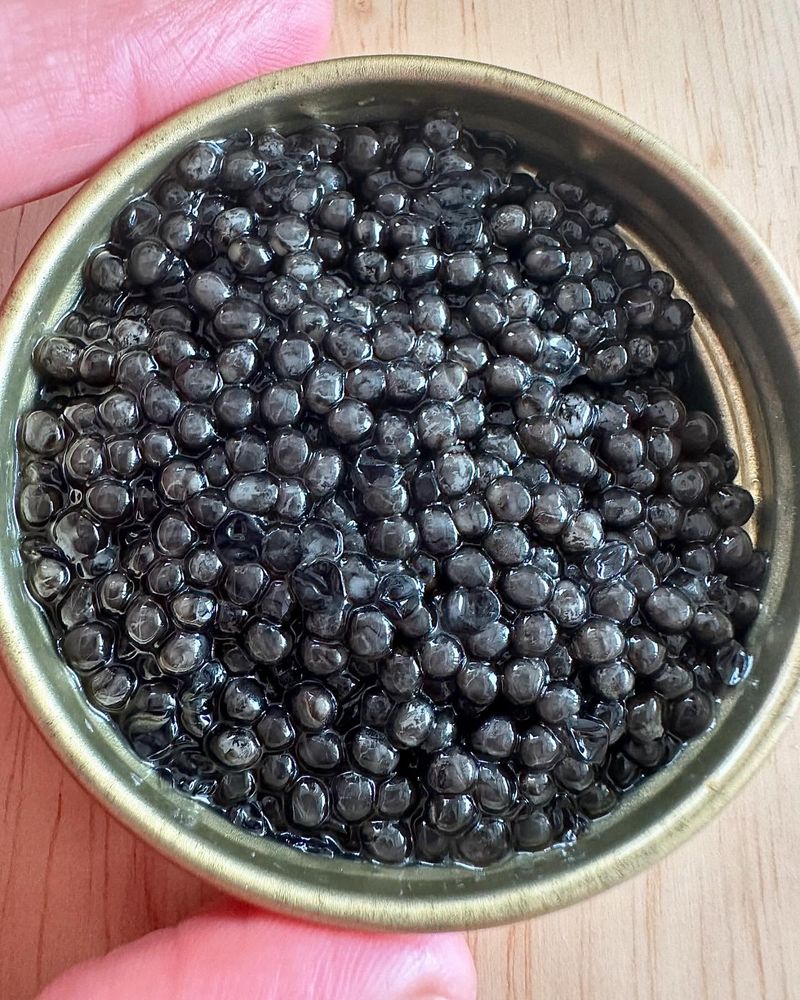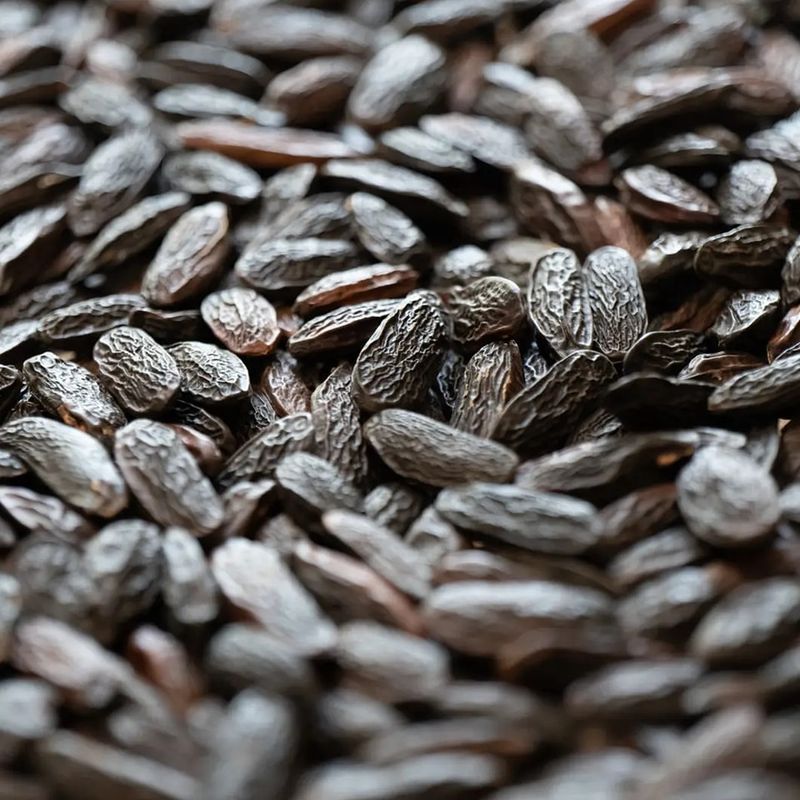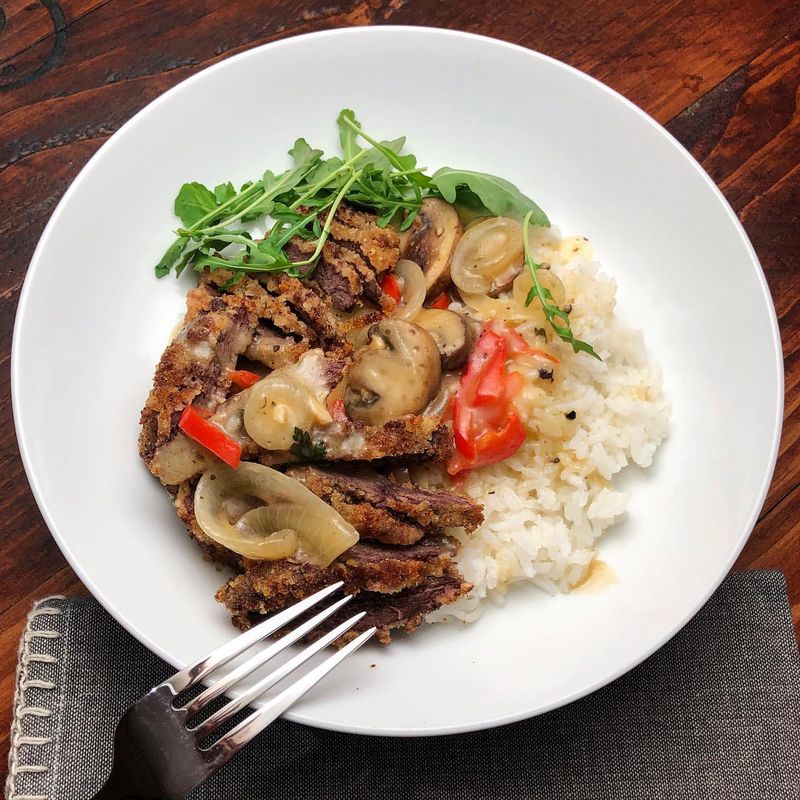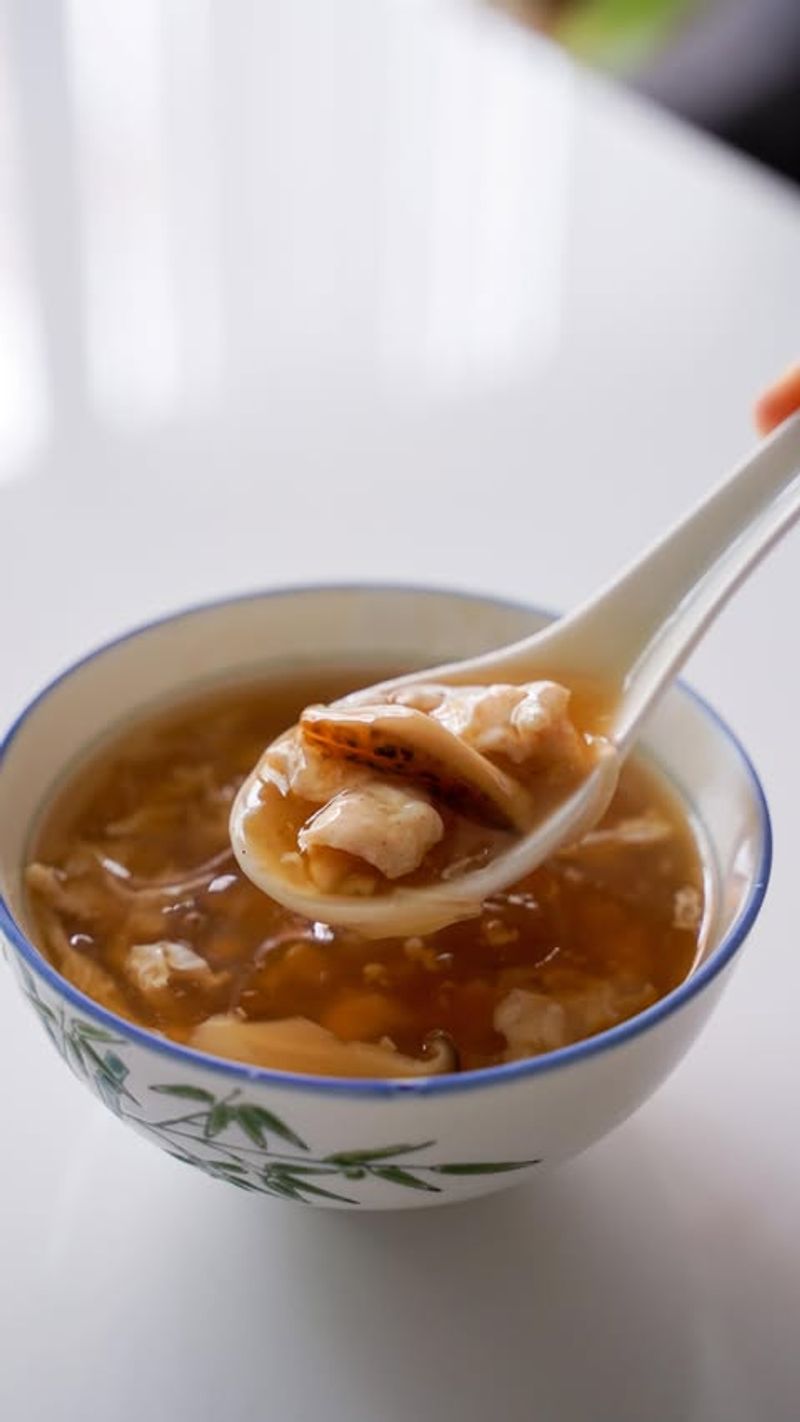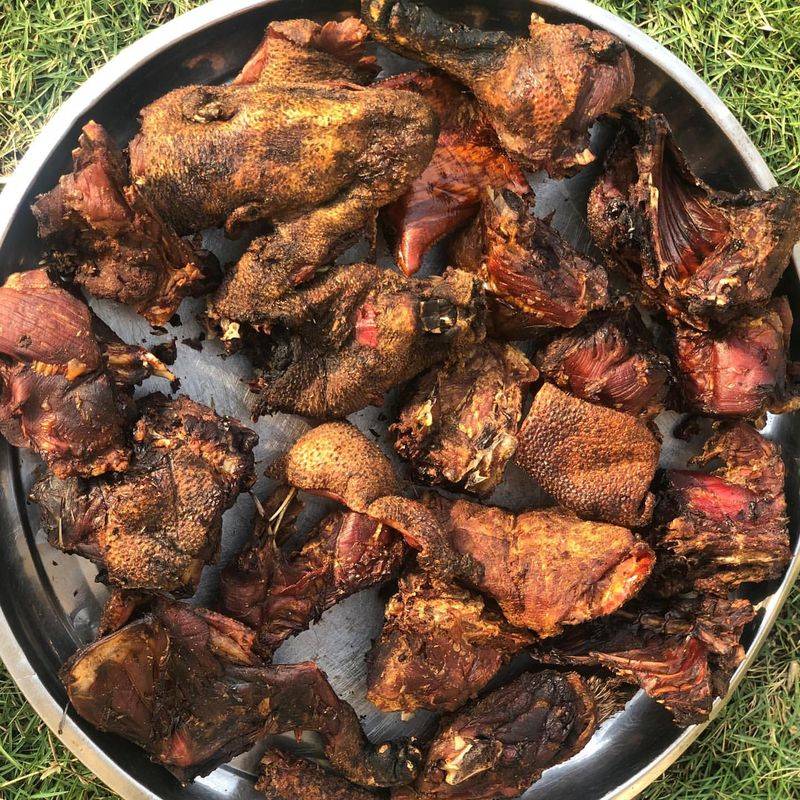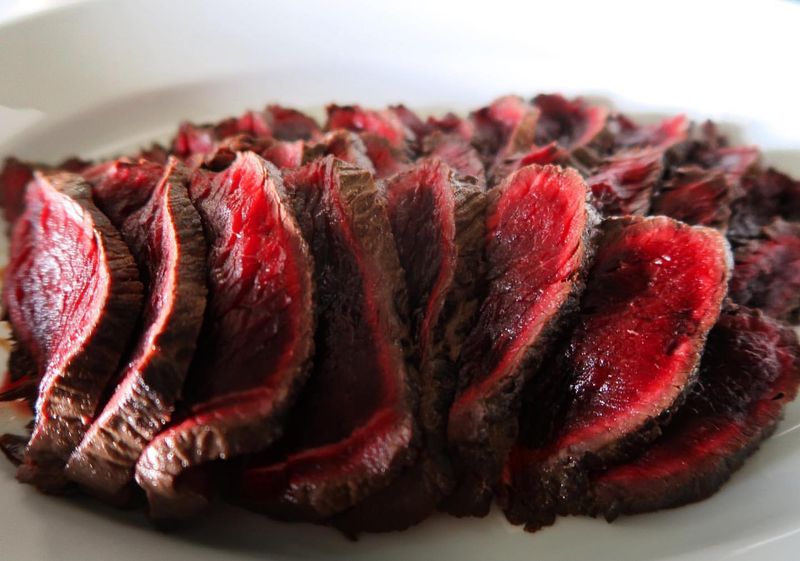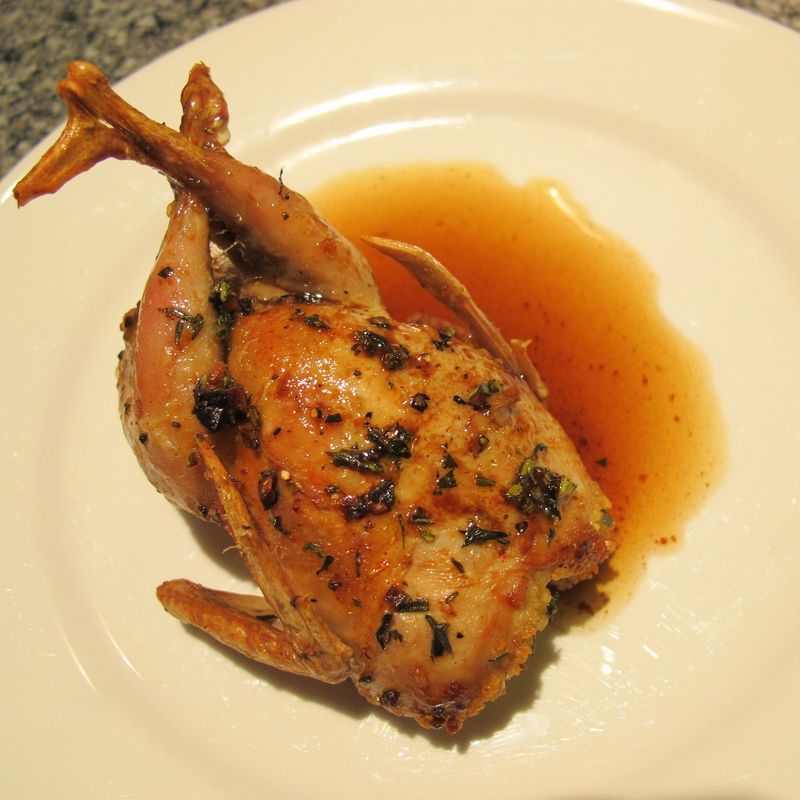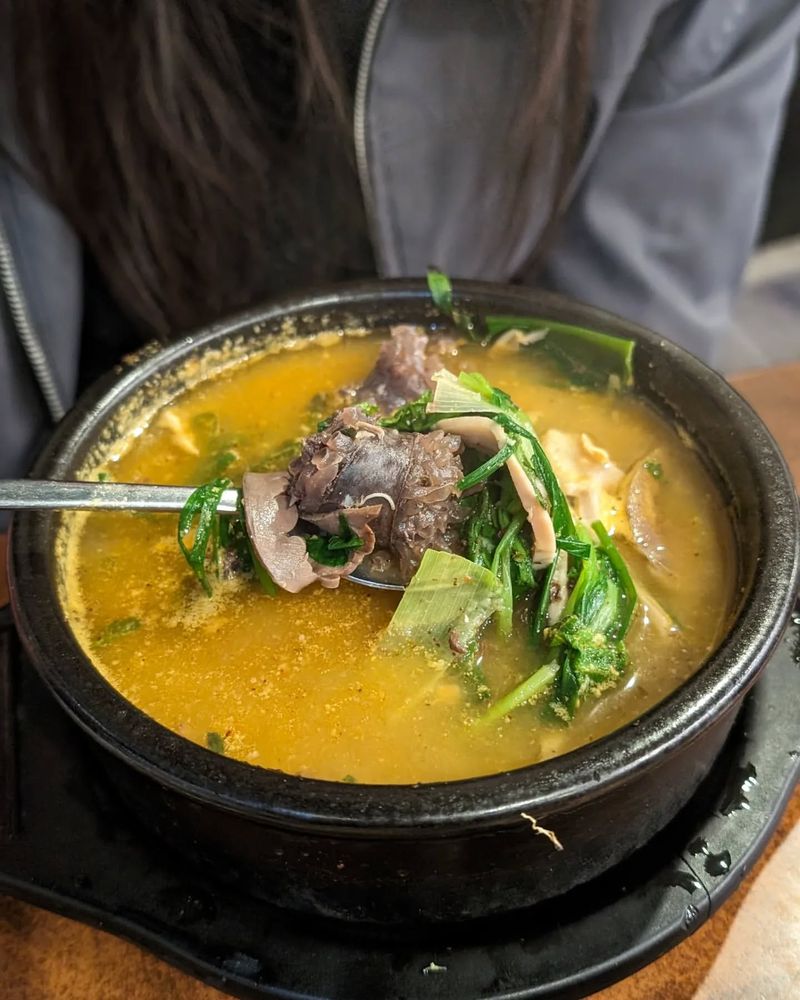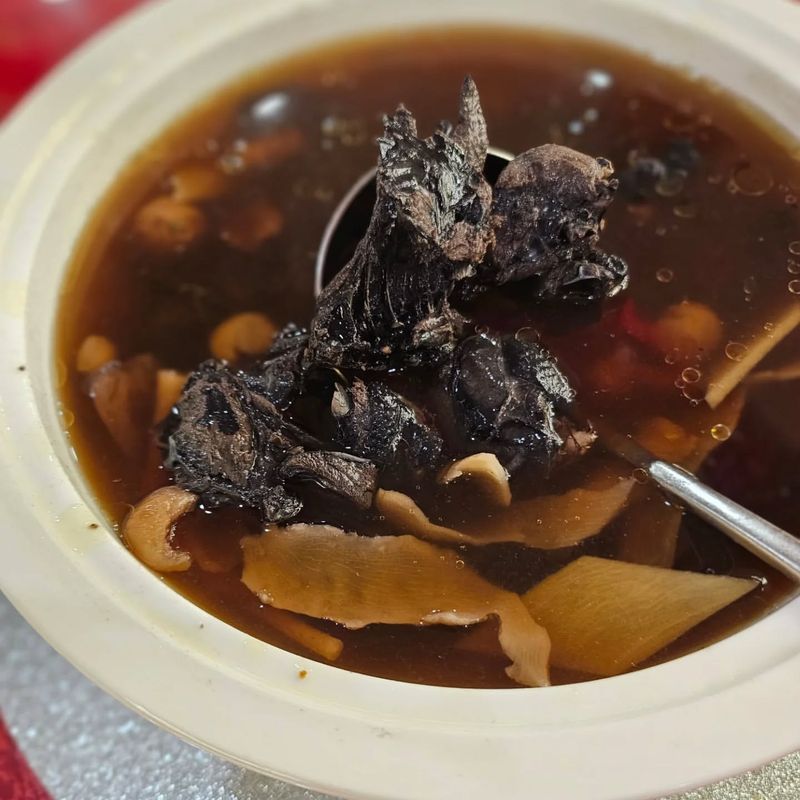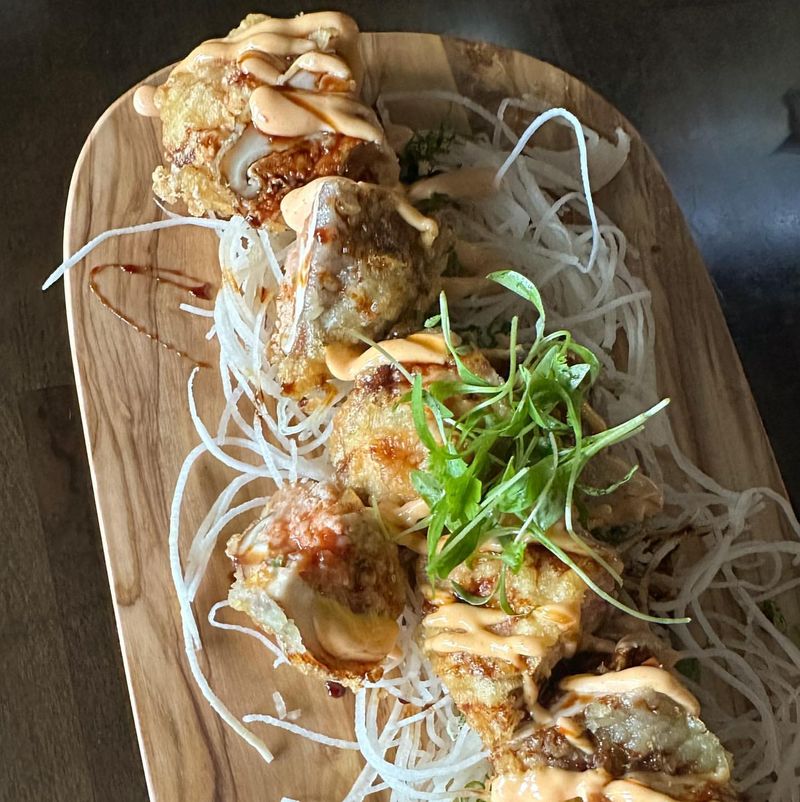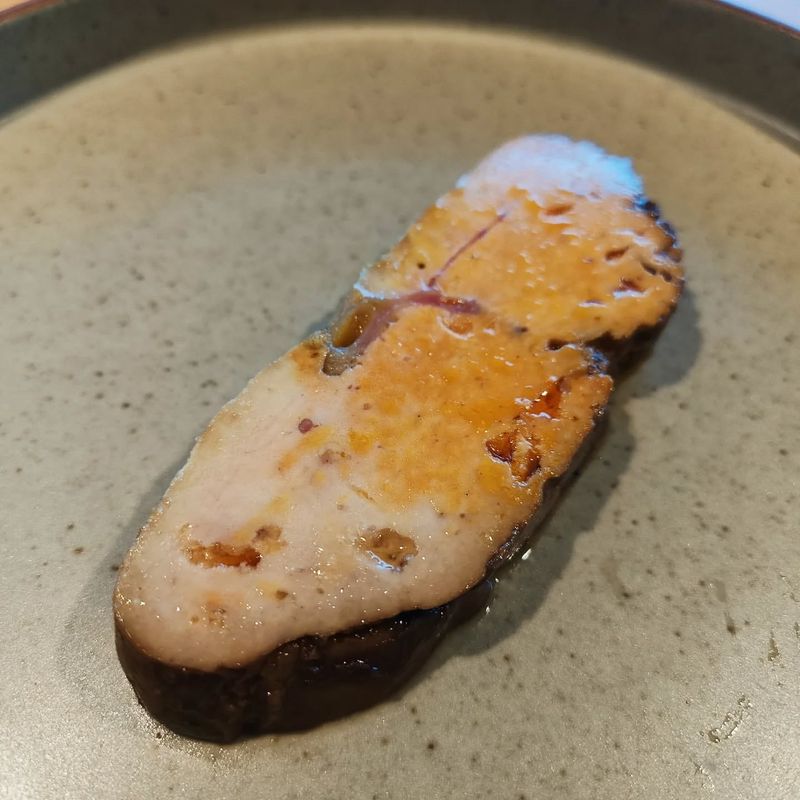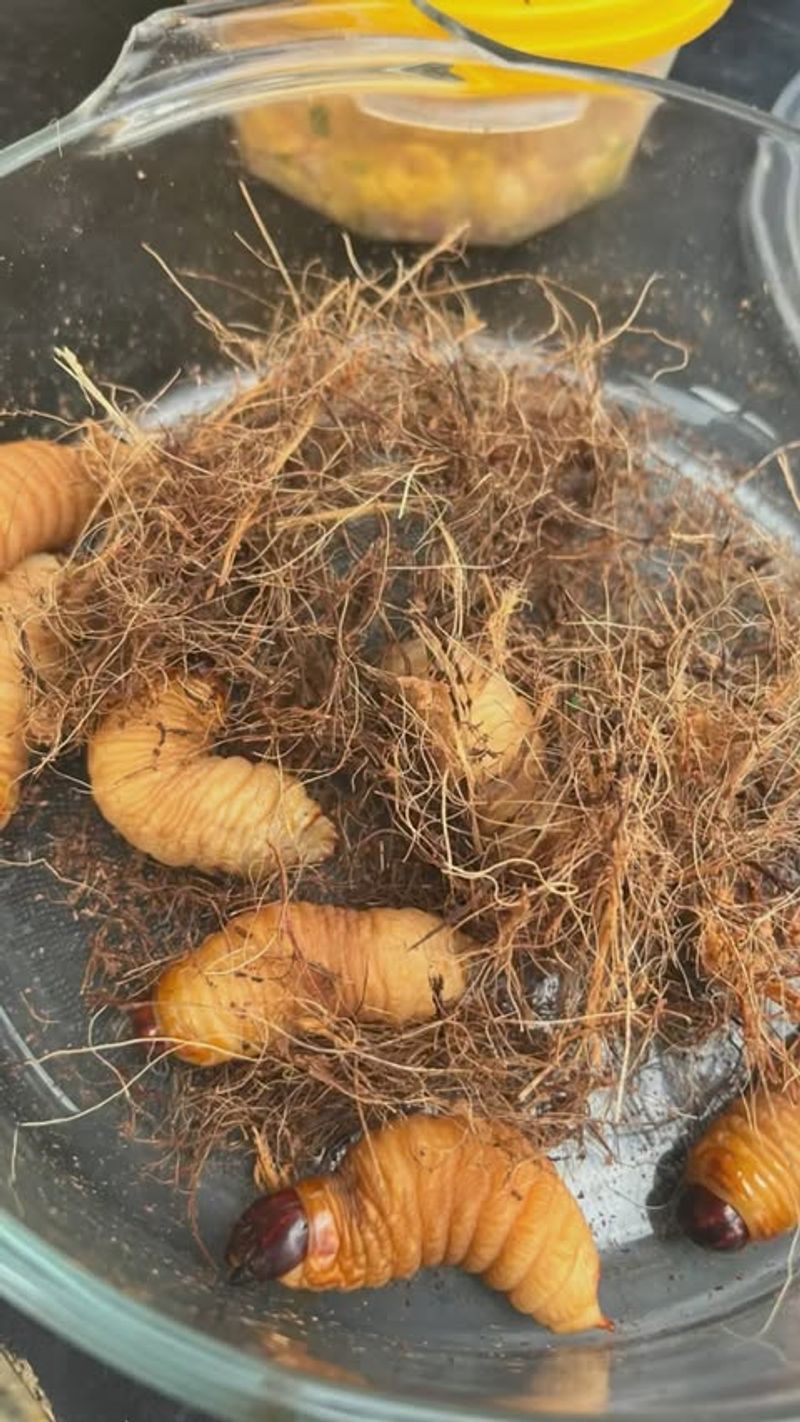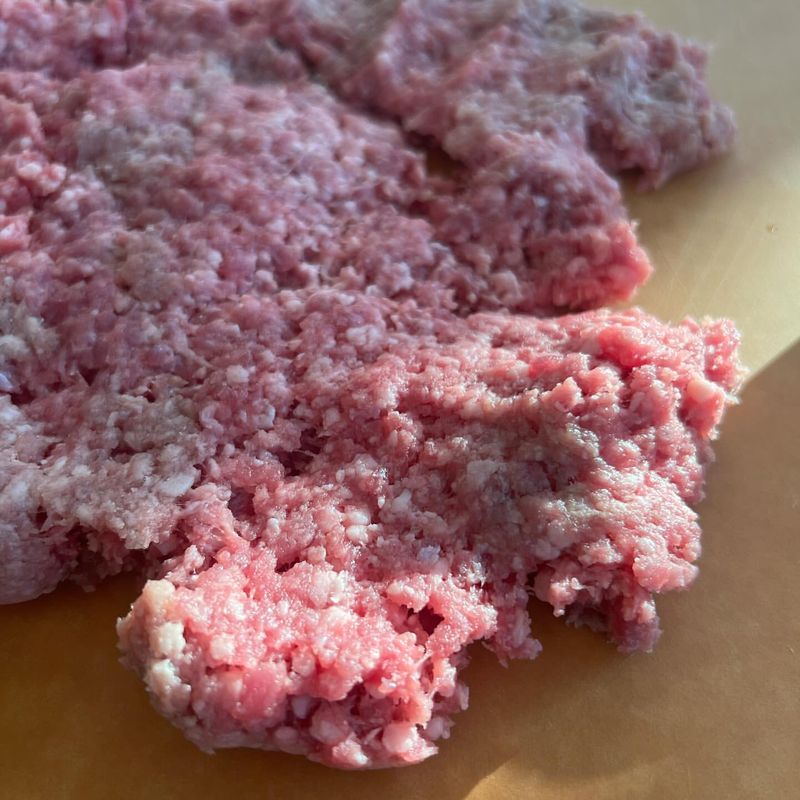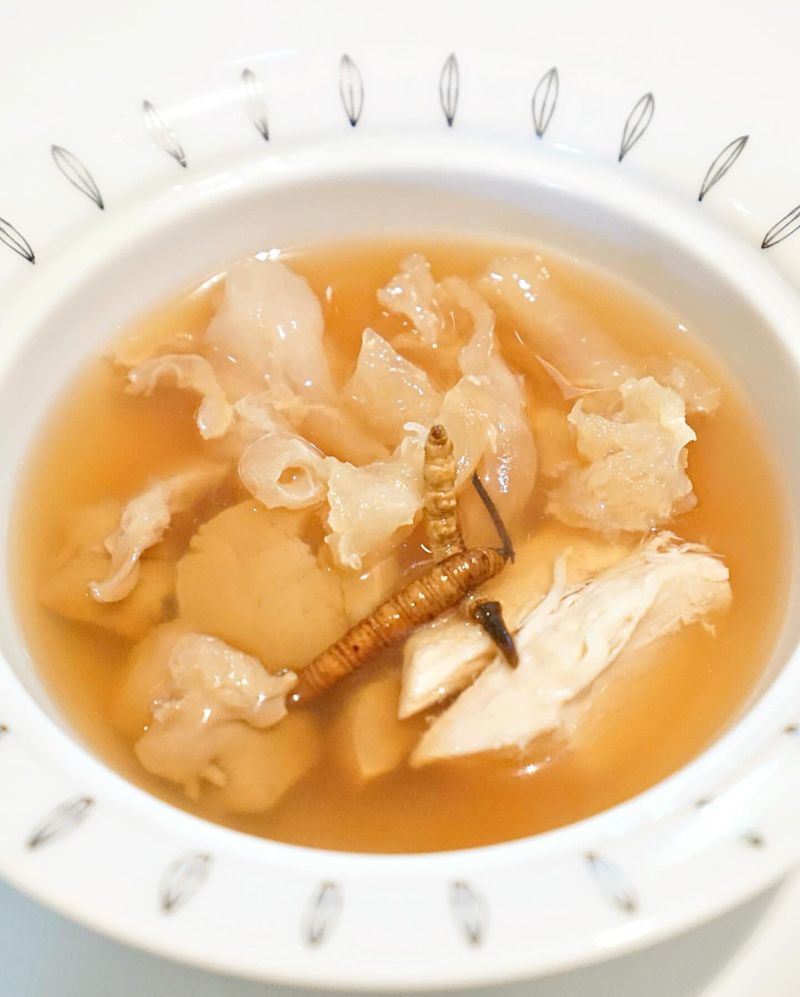From banned cheeses to outlawed seafood, these 30 forbidden foods might surprise you.
Across the globe, cultural, legal, and health reasons dictate what can and cannot grace your plate. This list explores surprising food bans, guiding you through hidden culinary laws and norms.
Whether you’re a foodie, traveler, or just curious, discover why these foods are forbidden in certain regions.
1. Haggis
Haggis is a celebrated Scottish dish, but in the U.S., it’s off-limits. Made from sheep’s pluck, it’s banned due to the USDA’s restrictions on sheep lung consumption. If you’re a fan of this savory pudding, you’ll have to travel to Scotland to enjoy it.
The U.S. banned haggis in 1971, citing health concerns related to lung consumption. While many see it as a cultural delight, U.S. food safety laws prevail. So, if you’re in America, you won’t find authentic haggis on any menu.
2. Foie Gras
Foie gras is a luxurious French delicacy made from the liver of duck or goose. However, in California, it’s banned due to animal cruelty concerns associated with force-feeding practices. If you’re in California, don’t expect to find this on the menu.
Animal rights activists have long opposed foie gras production, deeming it inhumane. The ban reflects a growing awareness and advocacy for animal welfare. Yet, it’s highly appreciated in regions where it’s legal.
3. Kinder Surprise Eggs
Beloved by children worldwide, Kinder Surprise Eggs are banned in the U.S. The reason? A 1938 law prohibiting edible products containing non-nutritive objects. While safe in other countries, U.S. regulations prioritize child safety.
These chocolate eggs contain small toys, which the U.S. deems a choking hazard for children. Border patrol has confiscated countless eggs from travelers unaware of this law.
4. Casu Marzu
Casu Marzu, a traditional Sardinian cheese, is infamous for containing live insect larvae. It’s banned in the EU due to health regulations but remains a delicacy for locals.
This cheese undergoes fermentation through the digestive action of fly larvae, creating its distinct flavor. While it’s considered unsafe by sanitary standards, Sardinians have relished it for generations.
5. Sassafras
It was once a staple in root beer recipes in the U.S. Until it was banned by the government. Studies revealed safrole, a compound in sassafras, posed cancer risks, leading to its prohibition.
Safrole was deemed a potential carcinogen, prompting the FDA to act. While used historically for its aromatic properties, modern science reshaped its culinary use. Today, root beer enthusiasts turn to artificial flavors to mimic its original taste.
6. Samosas
In Nigeria, samosas might land you in trouble. The northern states banned them as part of a wider crackdown against certain Western influences. Officials argue that their triangular shape symbolizes a Christian Holy Trinity, which contradicts Islamic beliefs.
This surprising ban reflects deeper cultural and religious tensions. While samosas are enjoyed worldwide, in parts of Nigeria, they are seen as more than just a snack.
7. Horse Meat
Horse meat is a taboo in the U.S., but elsewhere it’s a delicacy. The taboo stems from cultural beliefs and historical associations with horses as companions rather than food.
In the U.S., horse slaughter for consumption is effectively banned, driven by ethical concerns. Meanwhile, countries like France and Japan embrace horse meat for its lean, flavorful qualities.
8. Poppy Seeds
Poppy seeds, common in baking, are banned in Singapore. The seeds themselves are not harmful, but they can contain trace opiates, which fall under strict drug regulations.
This ban reflects Singapore’s zero-tolerance policy toward drugs. Travelers should be cautious, as even innocent items like poppy seed rolls can lead to legal issues. For those traveling to Singapore, it’s wise to check your snacks and baked goods.
9. Absinthe
Absinthe, known as “the green fairy,” is banned in many countries, including New Zealand. It’s famed for its high alcohol content and alleged hallucinogenic properties.
The drink’s mythos stems from 19th-century tales of artists and writers seeking inspiration. However, concerns about its effects led to widespread prohibition. Today, absinthe is enjoying a revival, albeit in regulated forms. In countries where it’s legal, producers adhere to strict guidelines.
10. Raw Milk
It is beloved by purists for its creamy texture and natural enzymes. Yet, in Canada and parts of the U.S., it’s illegal due to concerns over bacteria like E. coli.
Pasteurization, while killing harmful pathogens, alters the flavor profile of milk. Advocates argue for consumer choice, but health regulations prioritize safety. If you’re a fan of unpasteurized products, research local laws before indulging.
11. Fugu
Pufferfish, also known as Fugu, is a delicacy in Japan prepared by licensed chefs. But in the EU, it’s banned due to its deadly toxins. A single mistake can be fatal, highlighting the dish’s risky allure.
Only chefs with years of training can prepare fugu safely, slicing around its toxic parts. In Japan, it’s a revered dining experience, often enjoyed at premium restaurants. For those seeking this thrill, ensure you’re in a location where it’s regulated and safe.
12. Ackee
Jamaica’s national fruit, Ackee, can be toxic if improperly prepared. In the U.S., only canned ackee is available, reflecting cautious import regulations.
The fruit contains hypoglycin, a compound that can induce vomiting. Proper ripening and preparation are crucial to its safety. In Jamaica, it’s a staple, often paired with saltfish. Those unfamiliar with ackee should rely on experienced cooks.
13. Black Pudding
Black pudding, a type of blood sausage, is a breakfast staple in the UK. Yet in Australia, it faces import restrictions due to its ingredients.
Made with blood, fat, and oatmeal, black pudding is rich and savory. Its ban reflects Australia’s stringent food safety laws, especially concerning blood products. If you’re a fan, explore local alternatives or enjoy it on trips to the UK.
14. Beluga Caviar
Beluga caviar, a symbol of luxury, is banned in the U.S. to protect the endangered beluga sturgeon. Harvesting caviar impacts sturgeon populations, prompting conservation efforts.
This ban highlights the balance between gourmet desire and ecological responsibility. For caviar enthusiasts, sustainable alternatives are available. Explore options like American white sturgeon caviar for an ethical indulgence.
15. Tonka Beans
Tonka beans are prized for their vanilla-like aroma, often used in gourmet cooking. However, in the U.S., they’re banned due to coumarin, which can affect the liver.
Chefs value tonka for its complex flavors, but FDA regulations emphasize health risks over culinary curiosity. Despite the ban, tonka beans feature in perfumes and non-ingestible items.
16. Swan
Consuming swan is reserved for British royalty, making it illegal for the general public. This unique law stems from medieval times when swans were considered royal property.
While swan meat is not widely sought, the tradition underscores the monarchy’s historical influence over wildlife. If you’re in the UK, you won’t find swan on any menu. This royal privilege remains a curious facet of British culture, reflecting the intersection of tradition and law.
17. Sea Turtles
In many Caribbean countries, consuming sea turtles is illegal due to their endangered status. Conservation efforts aim to protect these majestic creatures and their habitats.
Sea turtles are vital to marine ecosystems, making their protection crucial. Despite traditional culinary uses, modern laws reflect the need for ecological preservation. Travelers should avoid turtle dishes, supporting conservation initiatives instead.
18. Shark Fin Soup
This traditional Chinese delicacy is banned in many places, including California. The practice of finning endangers shark populations, prompting legal action.
Conservationists argue that finning is cruel and unsustainable, leading to ecological imbalances. The ban reflects growing awareness of marine conservation needs. Supporting sustainable dining practices ensures you enjoy cultural dishes responsibly.
19. Bushmeat
Bushmeat, including wild game, faces bans in many African countries due to conservation and health concerns. The illegal trade threatens wildlife and poses risks of zoonotic diseases.
In regions where bushmeat is prohibited, efforts focus on protecting endangered species and promoting sustainable alternatives. Travelers should respect these bans, supporting local conservation initiatives. Enjoy regional cuisine through legal, sustainable options, contributing to ecological preservation.
20. Penguin
Consuming penguin is illegal worldwide, due to international wildlife conservation laws. These lovable birds are protected, ensuring their survival in harsh climates.
Penguins play vital roles in their ecosystems, from controlling fish populations to serving as prey for larger predators. Legal protection helps maintain ecological balance.
21. Whale Meat
Whale meat is controversial, banned in many countries due to conservation efforts. However, it’s available in Japan, reflecting cultural traditions.
International bans focus on protecting whale populations, which face threats from hunting and environmental changes. Consuming whale meat remains a contentious issue, balancing heritage against conservation needs.
22. Ortalan Bunting
The ortolan bunting, a tiny songbird, is banned from consumption in the EU. Once a French delicacy, its hunting led to population declines.
Efforts to protect the ortolan reflect broader wildlife preservation goals. The ban symbolizes the shift towards sustainable practices in gastronomy.
23. Dog Meat
Dog meat, part of some Asian culinary traditions, faces growing bans worldwide due to animal cruelty concerns. In South Korea, consumption is declining as cultural attitudes shift.
Efforts to ban dog meat highlight changing perspectives on animal rights and welfare. Travelers should be mindful of local laws and cultural sensitivities regarding this controversial dish.
24. Bat Soup
Once a traditional dish in some regions, bat soup now faces bans due to health risks. The recent pandemic highlighted zoonotic disease concerns, prompting legal restrictions.
Consuming bats poses significant health threats, leading to widespread prohibitions. Travelers should avoid such dishes, supporting global health safety measures. Exploring local cuisines safely enhances travel experiences.
25. Monkey Brains
Consuming monkey brains, often depicted in media, is illegal in many countries due to ethical and conservation concerns. The practice poses health risks and threatens primate populations.
Legal bans focus on protecting primates, emphasizing their ecological and ethical significance. Travelers should adhere to local laws, avoiding controversial dishes. Choose dining experiences that reflect sustainable practices.
26. Pufferfish Liver
While fugu is risky, its liver is even more so, banned in Japan. The risk of tetrodotoxin poisoning is high, making it illegal to serve.
Even skilled chefs cannot mitigate the liver’s dangers, leading to strict regulations. This ban underscores the importance of safety in gastronomy. Adventurous diners should focus on other aspects of fugu, enjoying its safe preparation.
27. Raw Cashews
Unlike their roasted counterparts, raw cashews contain urushiol, which can cause skin irritation and more if ingested. This has led to regulations in many countries, requiring cashews to be processed before sale.
The roasting process removes this toxin, making them a safe and popular snack worldwide. Understanding these processing steps ensures you enjoy cashews safely. When purchasing cashews, always verify they are roasted.
28. Suri
Palm weevil larvae, also known as suri, are a delicacy in the Amazon. But the practice of eating these animals faces bans elsewhere due to sanitary concerns. These grubs are rich in protein and often featured in local cuisine.
Consuming insects like suri challenges conventional culinary norms, offering unique textures and flavors. However, food safety laws in many countries restrict their sale and consumption.
29. Pink Slime
“Pink slime,” or lean finely textured beef, sparked controversy in the U.S. due to its processing methods. While not banned, its use in public schools and restaurants has faced significant backlash.
Health concerns focus on ammonia treatment used to kill bacteria, affecting public perception. Many consumers prefer transparency in meat production, seeking alternatives.
30. Frog Fallopian Tubes
In the heart of China, frog fallopian tubes are considered a rare delicacy. Known for their supposed health benefits, these tubes are often used in traditional medicine.
However, in countries like the United States, the import and consumption of such items are strictly prohibited due to food safety regulations and conservation concerns. Despite its banned status in many regions, locals believe it enhances vitality and boosts the immune system.

